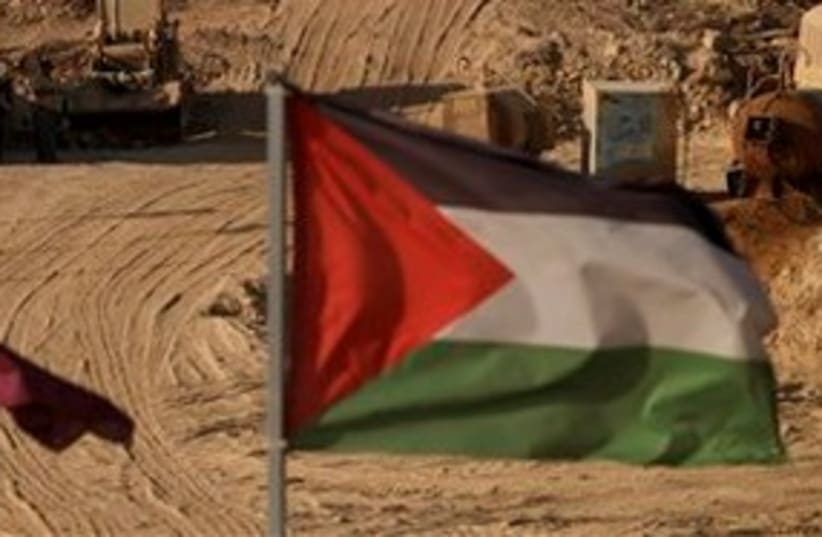Meanwhile, US Secretary of State Hillary Clinton is preparing a major statement on the process this week, as talks between the US and Israel over a plan to restart negotiations have stalled.“I will be making a very formal set of remarks,” Clinton told the American-based Arabic TV station Al Hurra during her trip to Bahrain this weekend, declining to offer details of her plans.She is scheduled to give a keynote address at the Saban Forum of the Brookings Institution Friday night, where she will be appearing with Defense Minister Ehud Barak.Clinton indicated that the US had “made progress” in continuing conversations with Israelis and Palestinians, but that the obligation remained on both sides to make the necessary compromises.“We have been talking with both parties very substantively, and I think that the United States can play a role to help each make decisions about very difficult matters that then can be presented to the other side,” she said.One source close to the issue said the remarks could include an announcement of a US-Israeli deal that has been in the works for weeks if it were completed on time, but he said there was a very low probability of it being worked out by the end of the week.
South American countries recognize Palestinian state
Brazil, Argentina and Uruguay recognize "free and independent" Palestine with 1967 borders; Israel: recognition contradicts road map.

Meanwhile, US Secretary of State Hillary Clinton is preparing a major statement on the process this week, as talks between the US and Israel over a plan to restart negotiations have stalled.“I will be making a very formal set of remarks,” Clinton told the American-based Arabic TV station Al Hurra during her trip to Bahrain this weekend, declining to offer details of her plans.She is scheduled to give a keynote address at the Saban Forum of the Brookings Institution Friday night, where she will be appearing with Defense Minister Ehud Barak.Clinton indicated that the US had “made progress” in continuing conversations with Israelis and Palestinians, but that the obligation remained on both sides to make the necessary compromises.“We have been talking with both parties very substantively, and I think that the United States can play a role to help each make decisions about very difficult matters that then can be presented to the other side,” she said.One source close to the issue said the remarks could include an announcement of a US-Israeli deal that has been in the works for weeks if it were completed on time, but he said there was a very low probability of it being worked out by the end of the week.